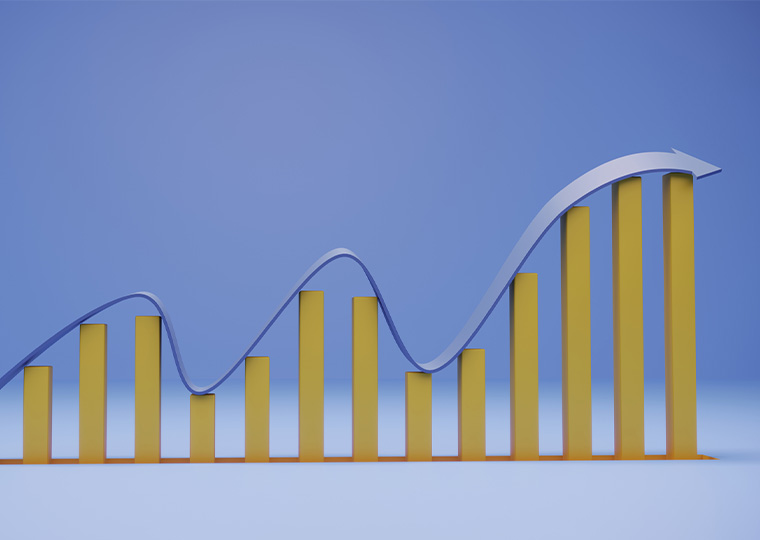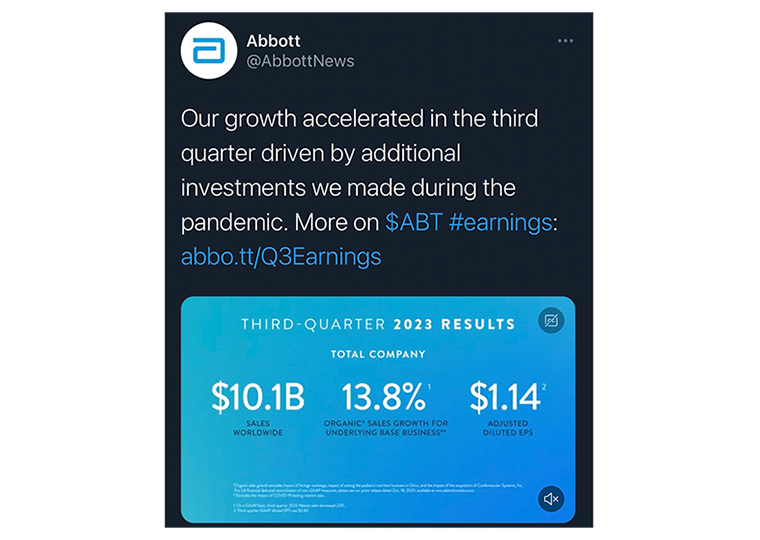Topic: Stock Market

Why Would a Hedge Fund Manager Reveal Stock Positions?
A model suggests that the data might lead index funds to target those same stocks in oversight of corporate management

Why the Stock Market Needs Gamblers
They counteract the impulses of two other market personality types

Why Risk and Reward Don’t Always Move in Concert
Investors initially underreact to volatility, then overreact

Why Rising Stocks Sometimes Reverse, Then Rally
Cultural differences and investor behavior can drive reversals and momentum

When Individuals Concentrate in a Stock, Earnings Surprises Play Out Differently
Price movements can be more extreme

When Financial Intermediaries Sneeze, These Assets Catch a Cold
Some investment vehicles are more reliant than others on the health of trading firms

What Limited Attention Does to Efficient Market Theory
Stocks don’t react to news immediately because, well, we’re human

Unintended Consequence of Stale Corporate Bond Fund Prices Amid Fed Tightening
In wild markets, do the most dated prices actually reduce redemptions?

Underappreciated Investment Edge: Company Trademark Filings
Not part of financial reporting, trademark activity predicts stock returns

Tweets with Visuals Bring a 2% Stock-Price Boost — Temporarily
SEC encourages graphics in disclosures, but this practice may help executives more than shareholders

The Mechanics of How Social Media Turbocharges Asset Bubbles
Establishment media coalesces around a lone narrative, but online chatter hops between storylines, sometimes shocking traders

The Debt Market’s Indirect Antidote to ESG Greenwashing
Loans that include a sweetener or penalty tied to ESG performance seem to induce more honest reporting

The Collective Wisdom of Options Trades as Interest Rate Predictor
Skewness, measuring the range of biases, strongly suggests rate moves

Prediction Markets + Polls + Economic Indicators: Better Election Forecasting?
A model incorporating markets that allow betting on elections suggests a role in prognostications

Politicians and Labor Love Reshoring; Investor Reaction Is Mixed
Stock prices dip around some announcements of return of jobs

Political Football: Inclusion of ESG Funds in 401(k)s
In nation accustomed to litigation, availability of funds has varied by U.S. Circuit Court boundary